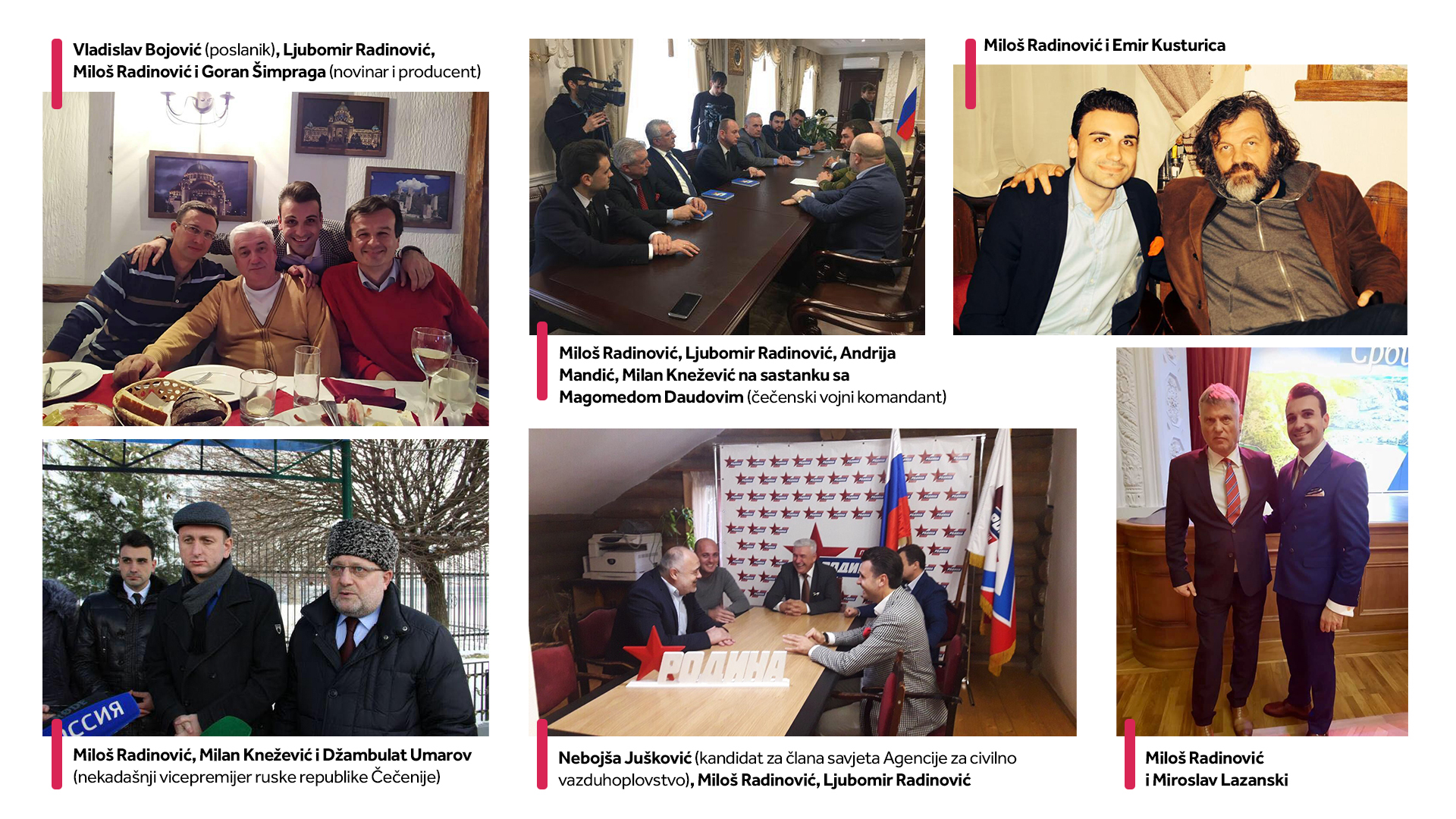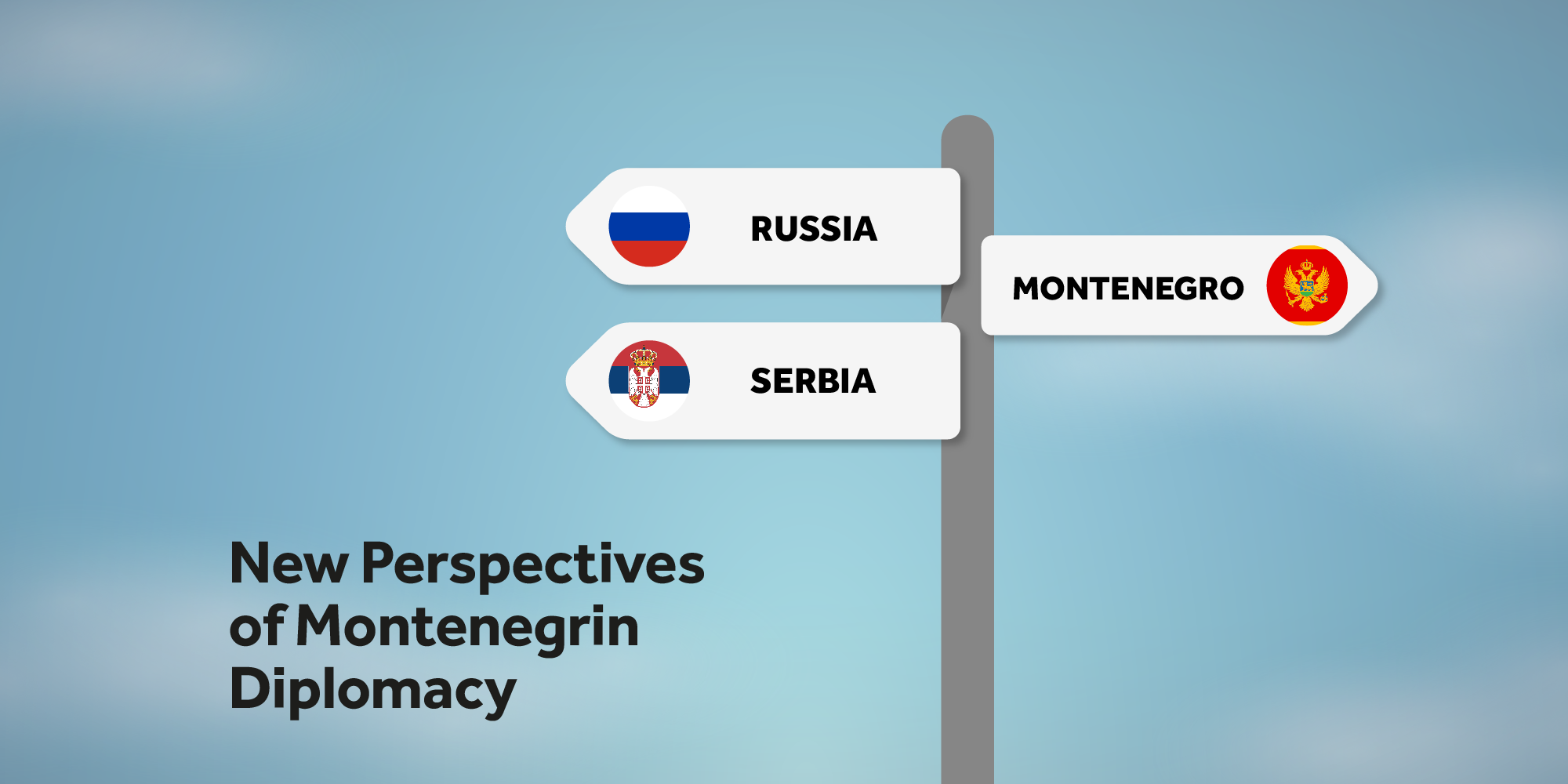The new study of the Digital Forensic Center Unbreakable Bonds or Geopolitical Strategy: Influence of Serbia in Montenegro vividly illustrates, using the so-called Overton Window, the manner in which malign influences of Serbia and Russia are spread in our country. The concept of the Overton Window is used to understand how certain ideas, initially considered radical or unthinkable, can become widely accepted or politically feasible over time.
Since the change of government in Montenegro in 2020, Montenegrin society has never faced a faster expansion of ideas and policies that directly oppose Montenegro’s strategic orientation, gradually becoming the norm due to the actions of certain ruling structures.
The latest example is the proposal of Miloš Radinović, a Russian citizen, as the candidate for the new Ambassador of Montenegro to Moscow. This is not the first instance where individuals holding the highest state functions possess citizenship of another country, thereby directly violating the laws of Montenegro. However, the inadequate reaction from state institutions, as well as from the public, has shown that such unlawful practices became acceptable in Montenegrin society. Miloš Radinović was proposed as a candidate for ambassador by the Democratic People’s Party (DNP) of Milan Knežević, who stated that the mere fact that he is willing to apply for revocation of his Russian citizenship and business demonstrates how much the ambassadorial position means to him.
In addition to the fact that he is a Russian citizen, Radinović’s foreign policy views are in direct collision with Montenegro’s Euro-Atlantic commitment. The actions of Radinović, as well as people associated with him, unequivocally fall under malign Russian influence.
The candidate for ambassador is the president of the Society of Russian-Serbian-Montenegrin Friendship Slovenski most. The mission they have set up for themselves is:
…to build bridges of friendship by method of public diplomacy between Slavic states, primarily among Russia, Serbia, and Montenegro. There are probably no two closer people than Serbs and Russians. This is not only a historical and cultural connection, but also linguistic and religious., We put efforts in speaking about Serbs to Russians as much as possible, and about Russians to Serbs by methods of public diplomacy. Of course, based on our common historical examples and what should bind us both today and in the future.
In 2017, when Ljubomir Radinović, the father of Miloš Radinović, chaired the Society, it submitted a declaration proposal to the political parties of Montenegro, for assemblies of Montenegrin cities to consider or initiate the lifting of sanctions against Russia. The President of the Montenegrin Parliament, Andrija Mandić stated, at that time, that he fully supported the proposal of the president of the association for Russian-Serbian-Montenegrin friendship to adopt declarations on lifting sanctions against Russia in local communities where the then opposition held power. The method of hybrid action through the abuse of power at the local level by pro-Russian proxies is evident in the proposal of a declaration on the withdrawal of recognition of Kosovo’s independence in the municipality of Zeta in 2023. In May 2021, during a meeting with the then Ambassador of Montenegro to Russia, Milorad Šćepanović, Radinović stated that sanctions imposed on Russia were solely at the expense of Montenegro’s national interests.
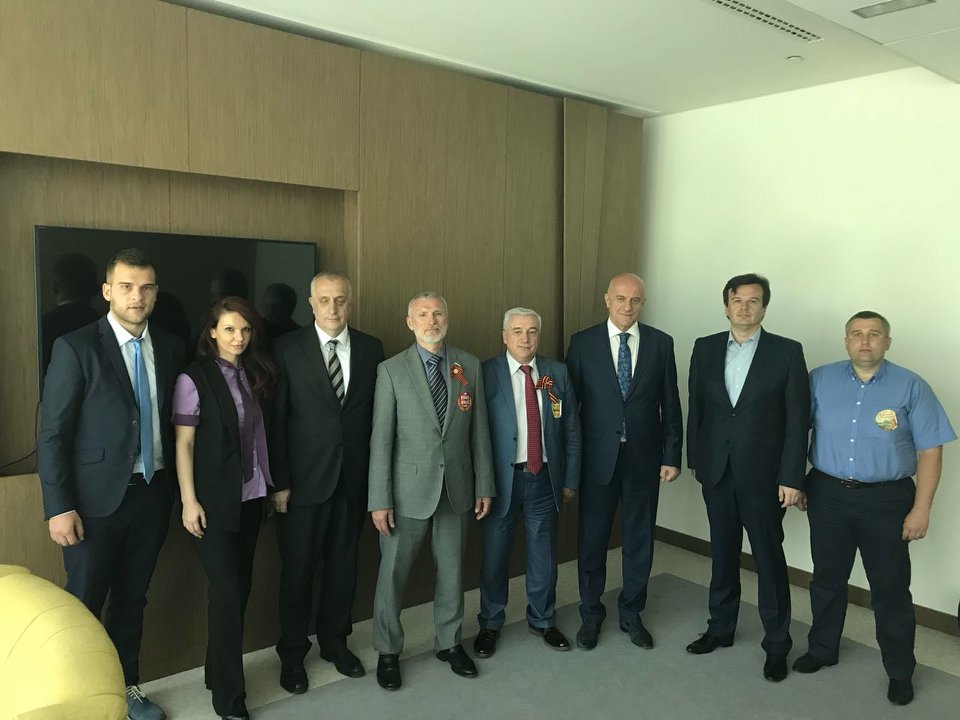
In May 2017, Miloš Radinović was in the company of the Montenegrin delegation at the military parade in Voronezh and the Immortal Regiment march commemorating Victory Day. The delegation was headed by Milan Knežević, and the members included: Budimir Aleksić, an MP and president of the Institute for the Serbian Language and Literature; Milo Božović, then-manager of the Municipality of Budva; Nikola Jovanović, president of the Youth Club of the DNP; and Gojko Raičević, editor of the IN4S portal and president of the Union for the Neutrality of Montenegro. The controversial journalist from North Macedonia, Milenko Nedelkovski, recognized as one of the prominent Russian propagandists in the region, was with the Montenegrin delegation as well. On that occasion, the delegation also met with the Metropolitan of Voronezh, a member of the Synod of the Russian Orthodox Church, Sergey, and the leadership of the Voronezh region. Miloš Radinović was also present at the meetings that Andrija Mandić and Milan Knežević had during their visit to Russia in January 2017.
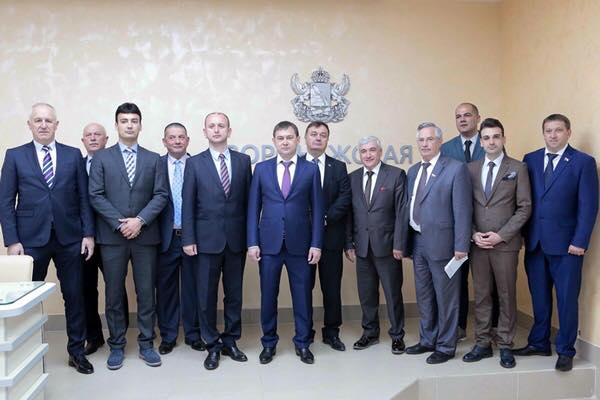
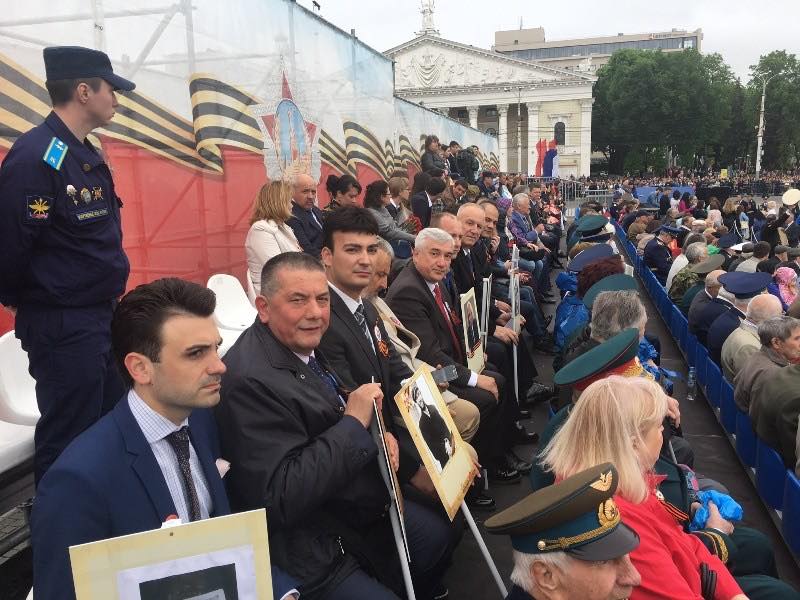
In November 2019, Radinović attended the first Summit of Russian-Balkan People’s Democracy organized by his father, Ljubomir Radinović, in Voronezh. This event was welcomed by the President of the Chechen Republic, Ramzan Kadyrov, who on that occasion received a certificate of appreciation for his contribution to the improvement of relations between Russia and the Balkan states. A resolution was adopted at the summit which, among other things, strongly condemns the expansion of NATO to the East, as well as the inclusion of Montenegro in its composition without appropriate democratic procedures and the expression of the will of its people.
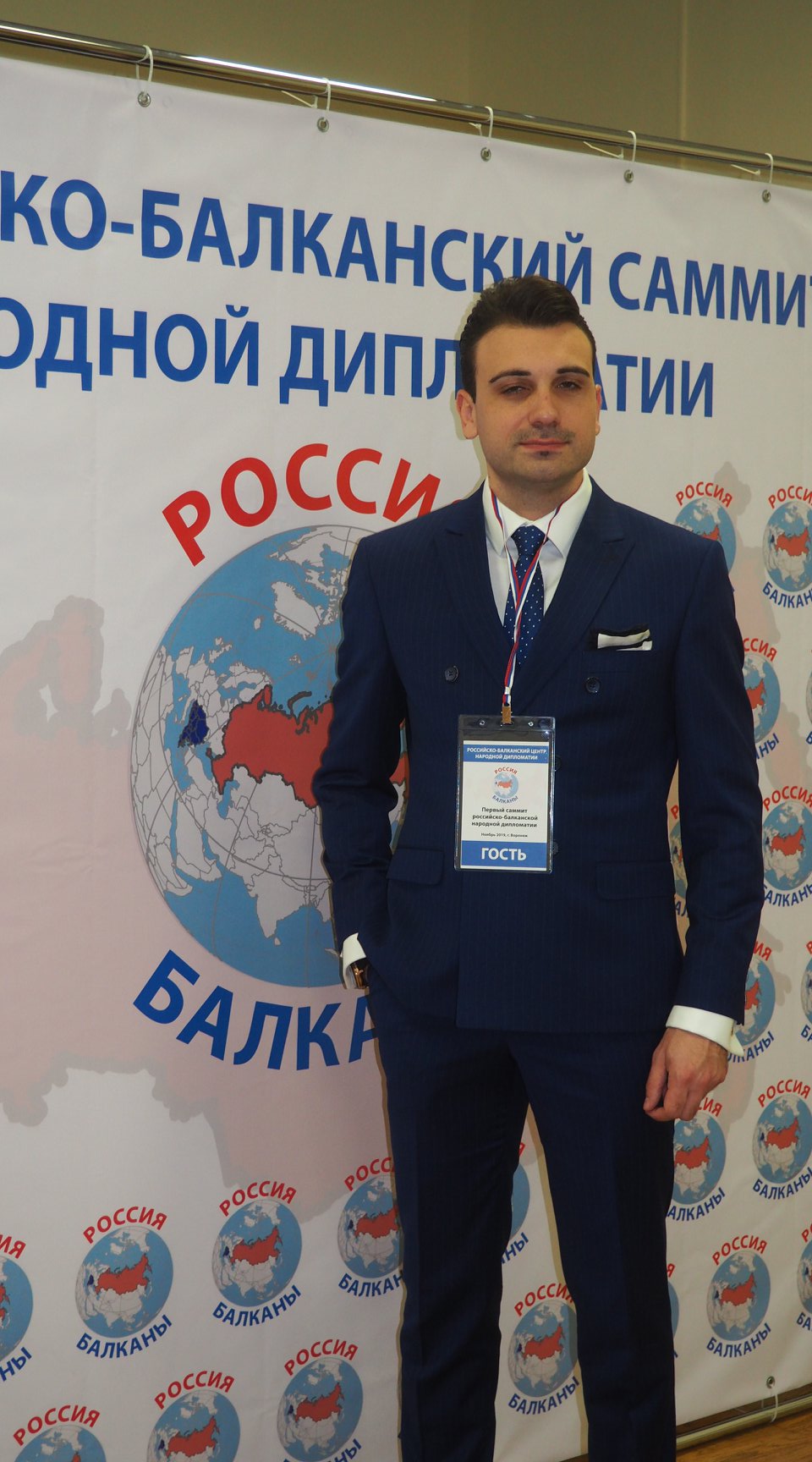
For Miloš Radinović, Slobodan Milošević is a hero of his time, a brilliant politician and diplomat who did not allow the collapse and dissolution of Yugoslavia, and thanks to whom the Republic of Srpska exists today. He argues that Milošević succeeded in resisting worldwide globalism that had taken the American path and that he and his Yugoslavia became an example for all freedom-loving people who deny Western European imperialistic values, with their bourgeois-oligarchic approach to life, their same-sex marriages, understanding of liberal democracy and freedom of speech. Radinović also celebrates the acquittal of Vojislav Šešelj.
The Digital Forensic Center, in its new study titled Unbreakable Bonds or Geopolitical Strategy: Influence of Serbia in Montenegro, indicated the role Ljubomir Radović, the father of the proposed candidate for the Ambassador of Montenegro to the Russian Federation, had in spreading Serbian-Russian malign influence. Ljubomir Radinović is the President of the Council for International Relations of the Russian political party Rodina, founded by the controversial Dmitry Rogozin, former Deputy Prime Minister of the Russian Government and former head of the state space agency Roscosmos. According to a Facebook post, Radinović was with Rogozin when the latter was wounded in a Ukrainian strike in Donetsk, a stronghold of pro-Russian separatists in eastern Ukraine. In February 2016, Rodina and the Democratic People’s Party (DPP) of Milan Knežević signed a Memorandum of Cooperation, stating that they share the same ideological principles of the so-called people’s democracy.
During the trial for attempted terrorism in 2017, a delegation from Rodina traveled to Podgorica and offered support to the leaders of the Democratic Front, Andrija Mandić and Milan Knežević, who were among the accused. The following year, Mandić and Knežević visited Rodina and met with its leaders. Ljubomir Radinović is a frequent guest of Prva TV discussing the war in Ukraine.


On March 20, 2024, Miloš and Ljubomir Radinović, in the company of Dmitry Rogozin, attended the book promotion of Goran Petronijević titled NATO on a Trial of History, organized in the Embassy of Serbia in Moscow to commemorate the 25th anniversary of the NATO bombing of the Federal Republic of Yugoslavia. Goran Petronijević is the lawyer who represented convicted war criminal Radovan Karadžić in the Hague, and Milan Radoičić, who took responsibility for the attack on the Kosovo police in the village Banjska on September 24, 2023. He also acted as an observer in the elections organized by Russia in September 2023 in the occupied Ukrainian territories, while the Digital Forensic Center highlighted disinformation spread by Petronijević during the parliamentary elections in August 2020.
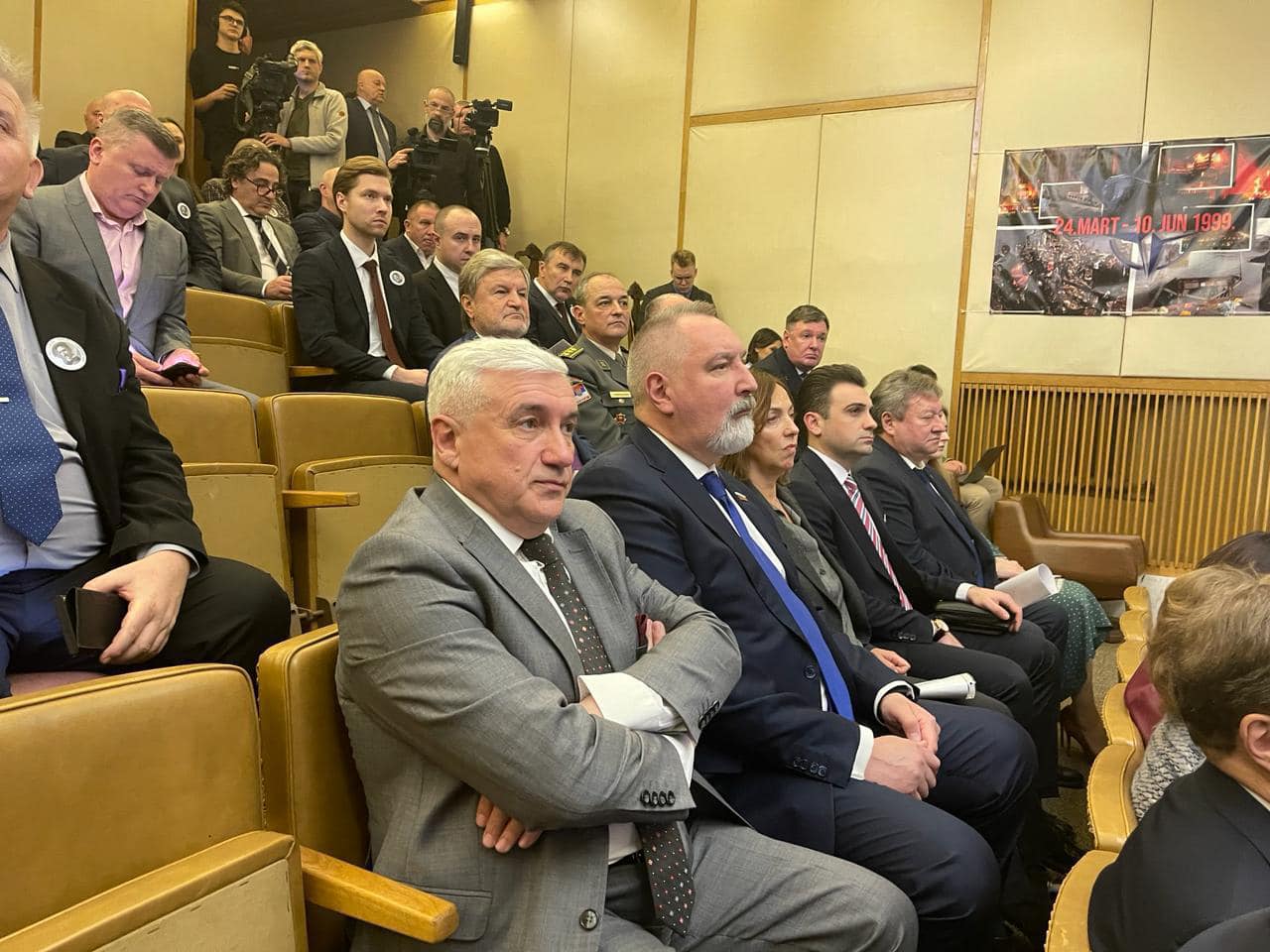
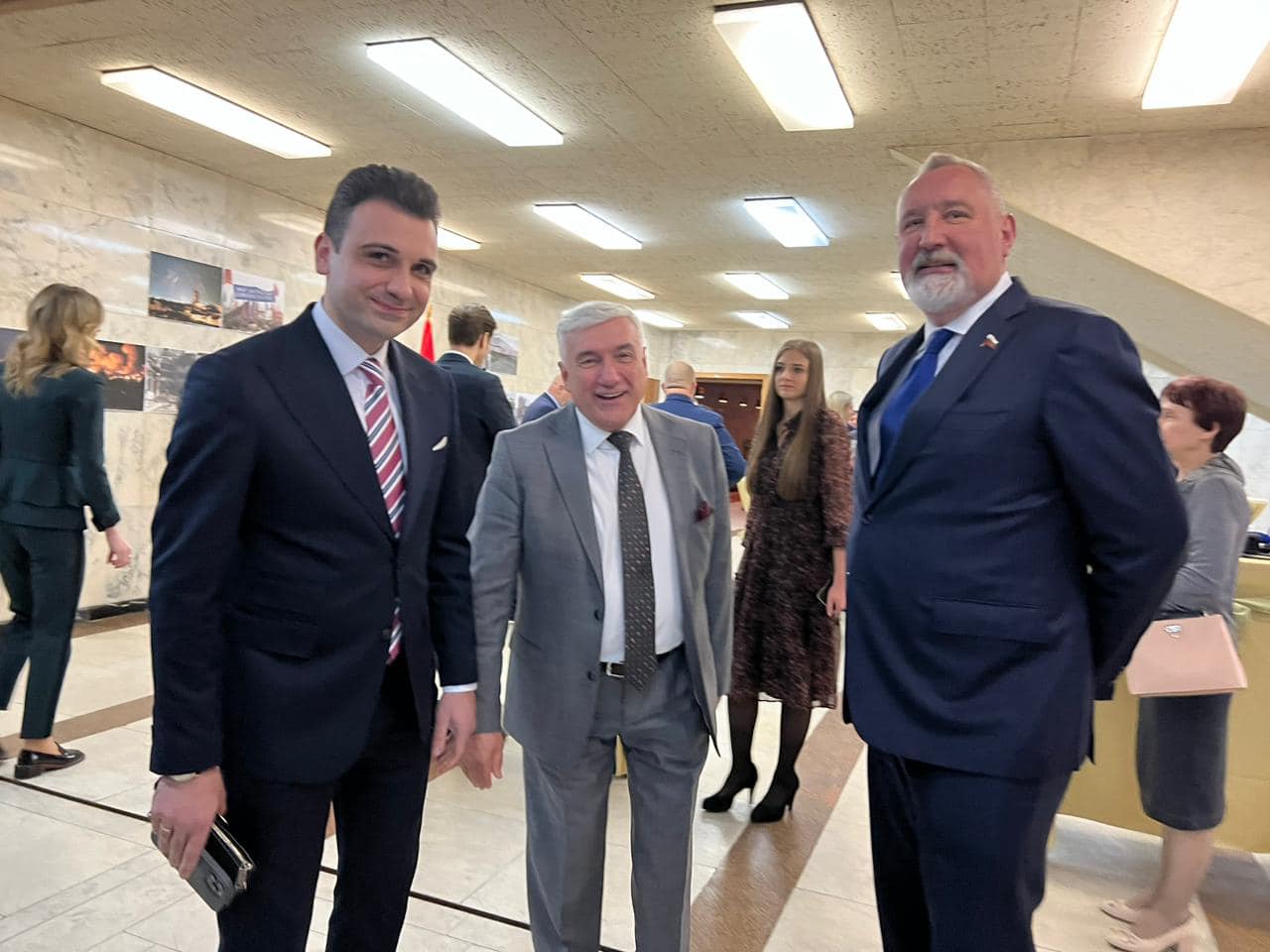
The Radinovićs are in close relations with Gojko Raičević, the editor of the unregistered propaganda portal IN4S, Oleg Bondarenko, the editor and founder of the Russian propaganda media Balkanist, and Milenko Nedelkovski, the controversial journalist from North Macedonia.
Macedonian media outlet Zoom reported in February 2024 that, according to the Moldovan media, the German non-governmental organization Association of Journalists for the Fight of Freedom (“Assoziation Jurnalisten im Kampf um den Frieden” – AJKF) awarded grants for the promotion of Russian narratives in Moldova. Those media outlets point to Svetlana Andreyevna Boyko as a key figure associated with that organization, who is a promoter of Russian narratives in Moldova. The text states that AJKF has made contact with journalists from Montenegro and North Macedonia. In the case of Montenegro, Gojko Raičević is mentioned as an associate, while from North Macedonia, Milenko Nedelkovski is mentioned. Raičević and Nedelkovski received the award from AJKF in 2016, presented to them by the right-wing extremist Jean-Marie Le Pen. Milenko Nedelkovski and Ljubomir Radinović filmed a report for the Russian television channel Россия 1 in Donbas in February 2024.
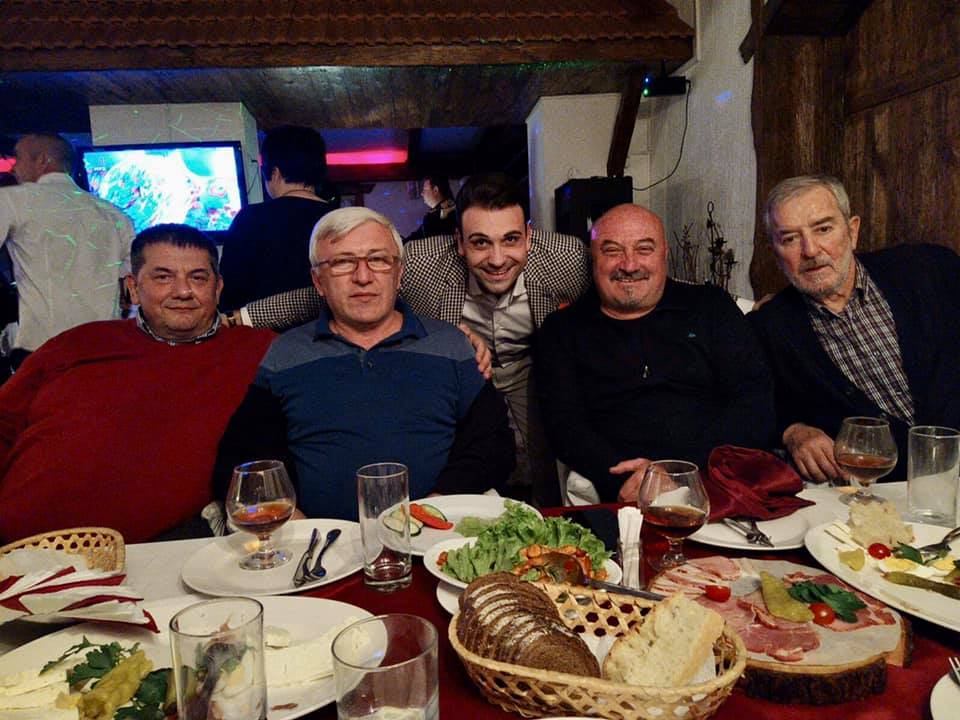
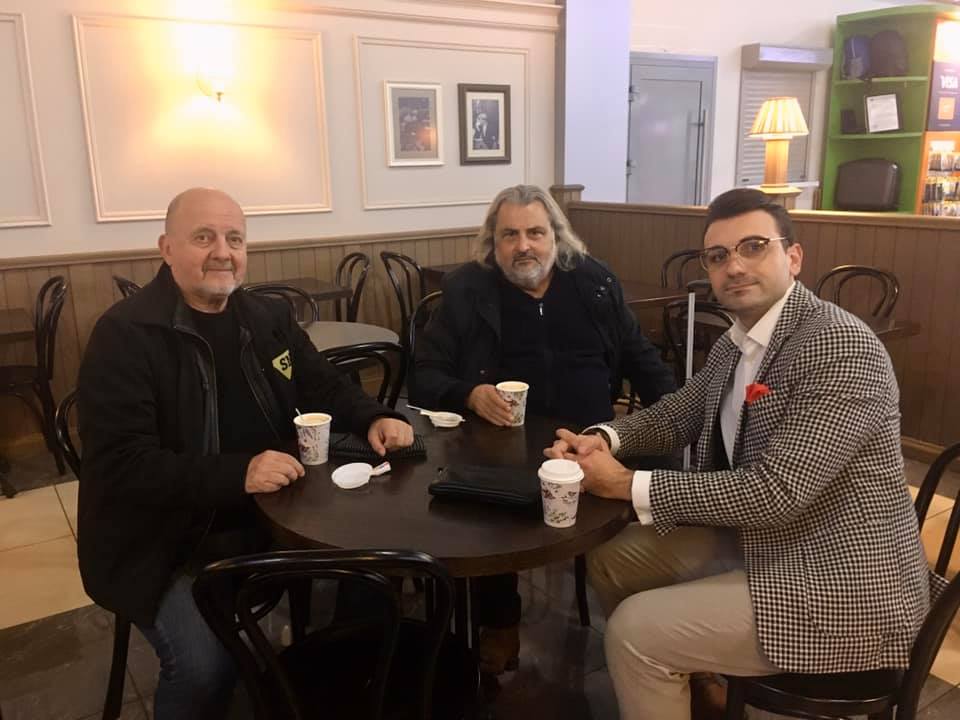
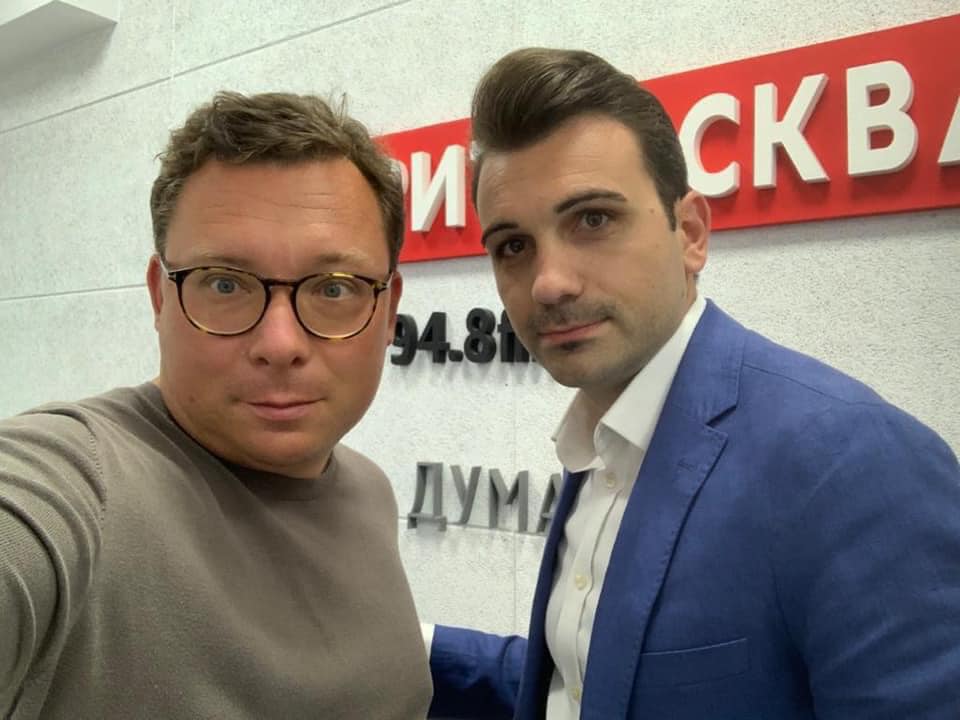
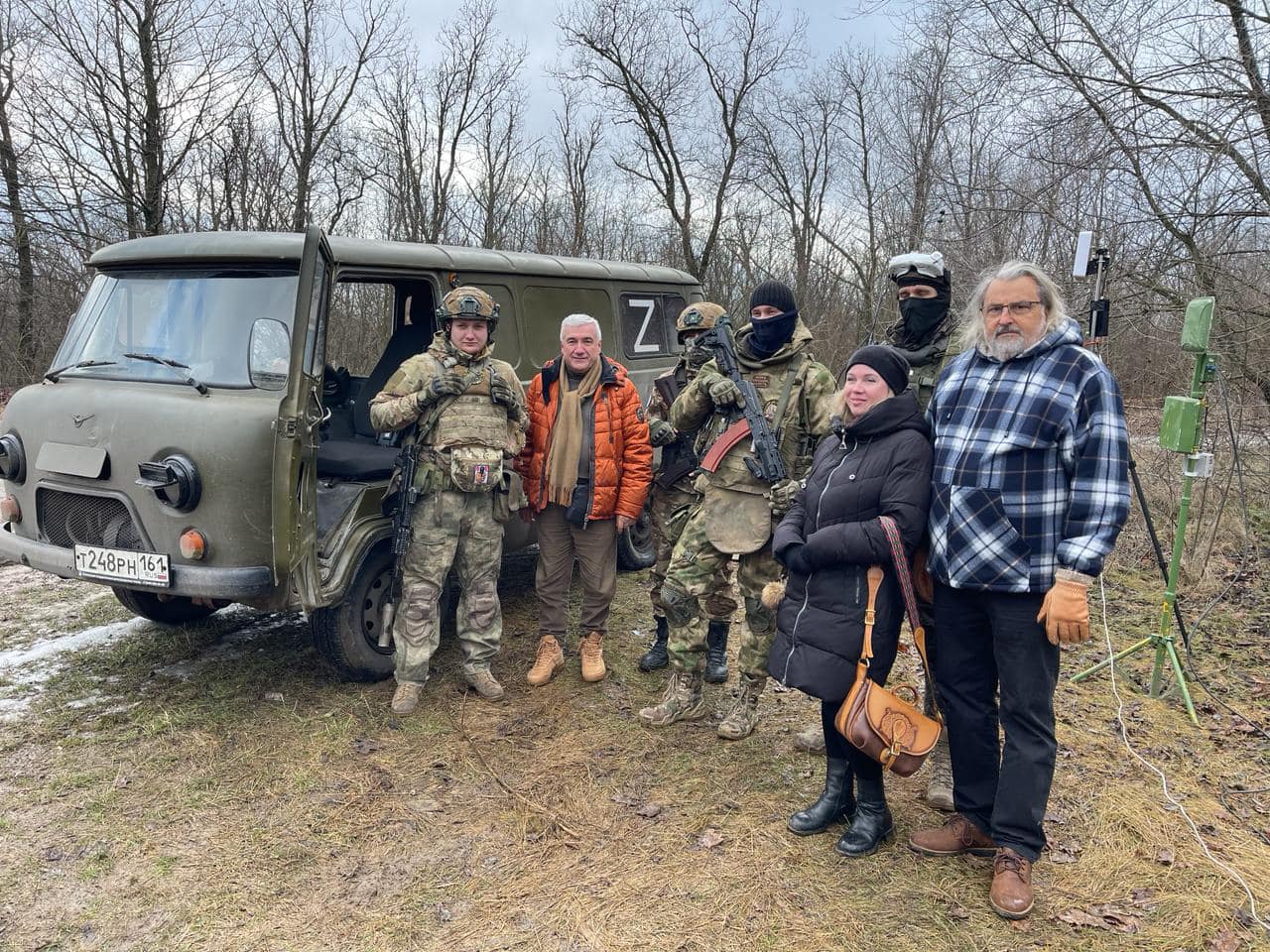
It is evident that Radinović’s attitudes and activities are not aligned with Montenegro’s foreign policy, and that such proposals of parts of the ruling majority in Montenegro attempt to influence the country’s Euro-Atlantic course, despite declarative assurances that it will not change or be called into question in any way. At the same time, such moves represent a kind of test for the ruling majority, facing a dilemma regarding the level of tolerance when it comes to promoting pro-Russian and pro-Serbian narratives, and it questions compliance with the Agreement among the parties constituting the parliamentary majority in Montenegro. The fact that Russian and Serbian proxies, from positions of power, continue to promote actors of Russian hybrid activities, attempting to legitimize them as part of the Montenegrin state apparatus, requires an adequate institutional response that will prevent the undermining of the set foreign policy agenda and the obstruction of efforts of the European perspective becoming a reality for the state of Montenegro in the foreseeable future.
